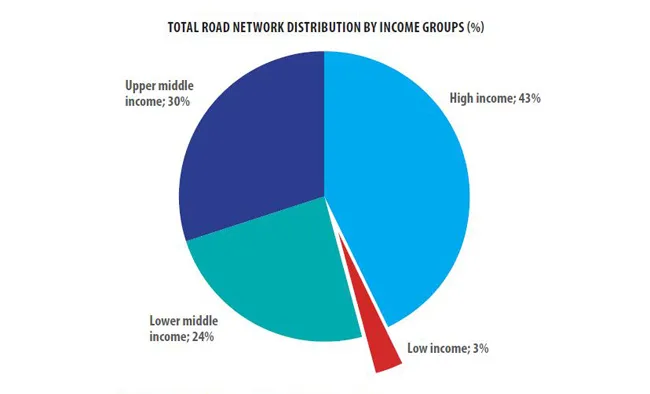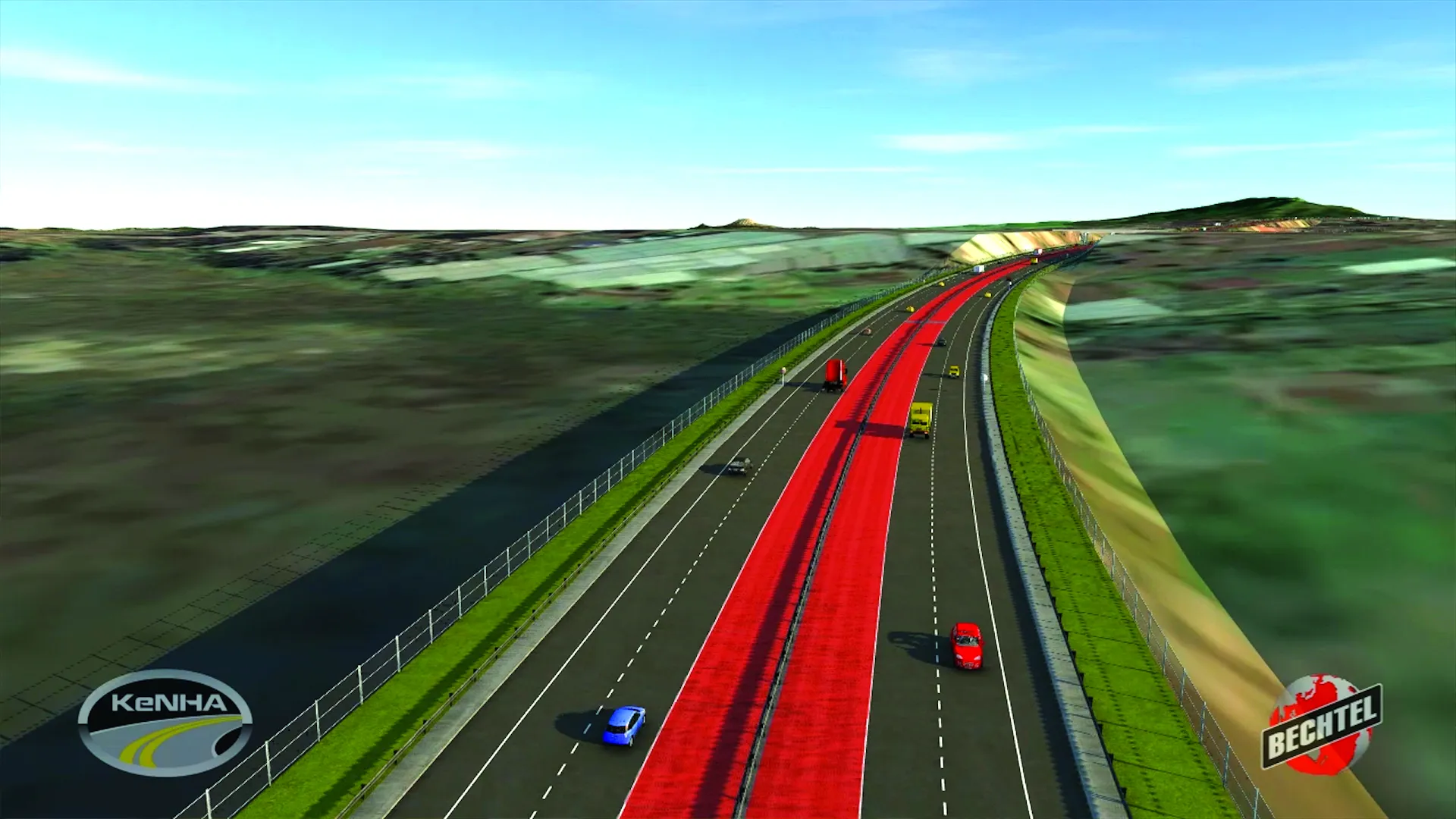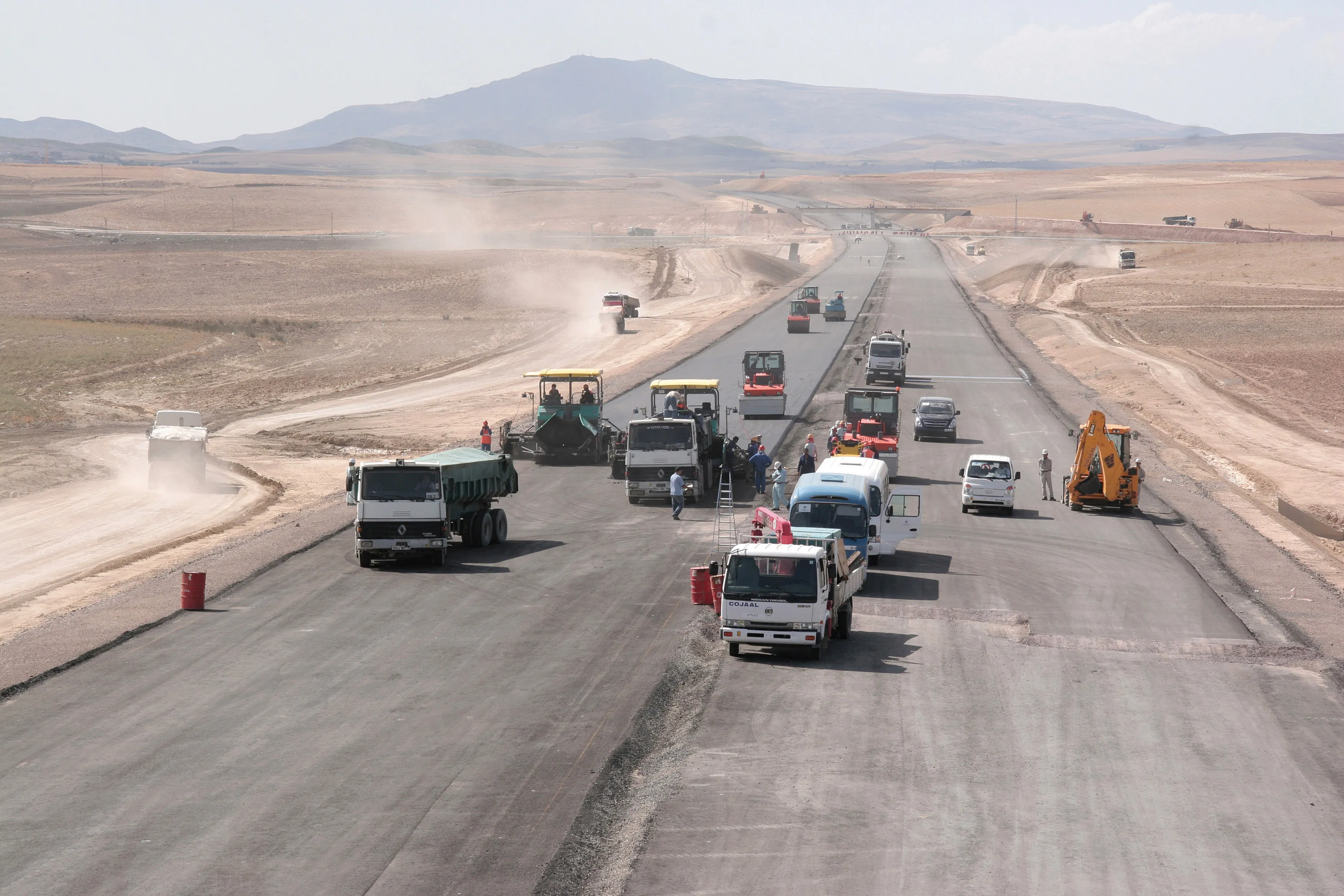The organisers of the upcoming
“INTERMAT 2018 is the exhibition for the economic recovery and technological innovation in the construction sector. The Europe, Middle East and Africa zone [EMEA] that we cover holds a wealth of opportunities for companies in the sector. With the INTERMAT [Construction Industry] Observatory, we are offering all our partners an up-to-date working tool to support them in their development plans in high-potential markets,” explained Isabelle Alfano, exhibition director.
The report analyses each country’s domestic investment plans, both ongoing and forward-looking (2025-2030). It was designed as a working tool to support the growth of companies in the sector and produced in association with Business France, the French government’s agency for export support and inward-investment promotion.
The INTERMAT Construction Industry Observatory is divided into application sectors — airports, buildings, railways, mining and quarries, ports, roads, as well as transport — and offers an overview of the major projects, the cross-border flows of construction equipment (imports and exports), and the foreign corporate names established in each country.
In all, infrastructure projects across a range of sectors and in the three continents of the EMEA zone total a mammoth €1,600 billion for the next 30-40 years.
In Europe, €925 billion of investment is planned between now and 2030-2050. The six European countries studied in the report — Belgium, France, Germany, Italy, The Netherlands and the United Kingdom — have planned €925 billion of projects, running up to 2030 for some, and 2050 for others. Based on the master plans sourced, Germany tops the list (€287 billion until 2030), followed by Italy (€223 billion) and the UK (€167 billion). France is in fourth place with €139 billion, while €63 billion is earmarked for spending in The Netherlands and €42 billion in Belgium.
The potential for business is also considerable in Africa, where €307 billion of investment is planned between now and 2040. The four African countries studied — two in the Maghreb (Morocco and Algeria) and two in sub-Saharan Africa (Ivory Coast and Kenya) — account for €307.2 billion of investment between now and 2040. Algeria (€183.7 billion) and Morocco (€87.8 billion) feature the biggest investment plans to 2030. In West Africa, French-speaking Ivory Coast is planning to develop the port of San Pedro (€1.3 billion).
The two Middle Eastern countries featured in the report, the United Arab Emirates (UAE) and Qatar, plan to invest a total of €239.3 billion between now and 2033. Qatar’s investment plans exceed the UAE’s, with €137.2 billion and €102 billion respectively.
Among the region’s flagship projects, the INTERMAT Construction Industry Observatory has identified several that are of particular interest. In the UAE, road improvements in Dubai and Abu Dhabi (€733 million) are highlighted in the report. Meanwhile, in Qatar, the Smart City of Lusail is one project that stands out and is worth €40 billion, with delivery due in 2020-2022.
INTERMAT organisers see strong growth in construction
The organisers of the upcoming INTERMAT trade show for construction and infrastructure see strong growth for the sector. The INTERMAT organisers have unveiled the first Construction Industry Observatory report, which was produced in association with French government agency, Business France. The report provides construction-equipment manufacturers with strategic data on 12 countries in the EMEA zone. These nations have been selected for their planned investment levels in infrastructure, which total €1,600
December 12, 2017
Read time: 3 mins








